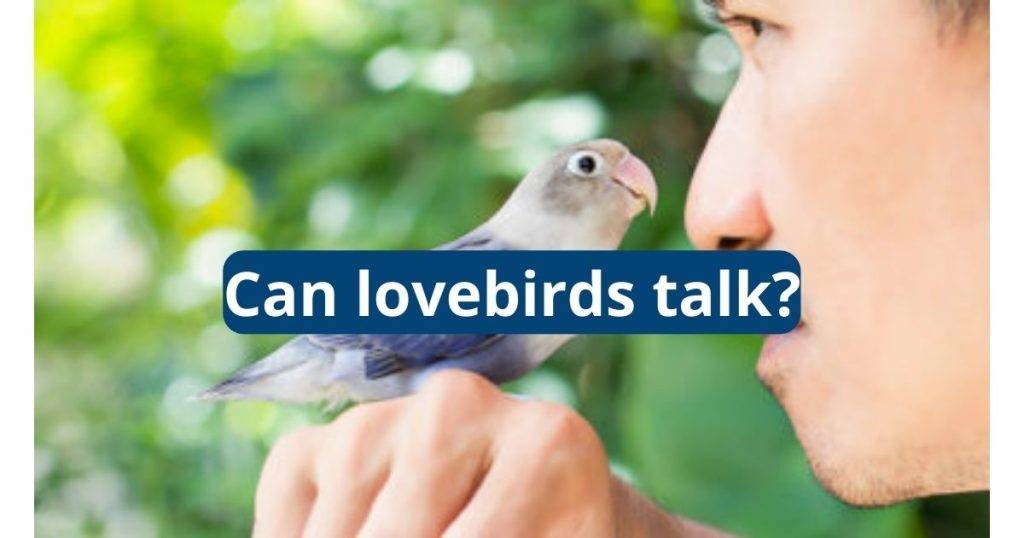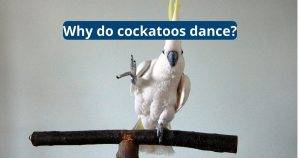Can Lovebirds Talk?

Lovebirds are very social birds and love to interact with their owners. However, they may not talk if their owner hasn’t had much experience with training them to do so. Nevertheless, lovebirds can learn to speak with patience and proper training. They usually start by learning their name and short phrases.
How to teach them to talk
The best time to start training lovebirds to talk is when they are young. They will be more receptive to learning during this period as their brain is still adapting to the environment around them.
Start by slowly and clearly saying the word that you want your bird to learn. Repeat this word multiple times throughout the day, especially when feeding it to help it associate the sound with positive things.
After some time, you will notice that your bird is beginning to understand the words that you are speaking to it. This is a good sign that you are making progress!
Once your bird has mastered the basic words, try adding more complex phrases and sentences to its vocabulary. You can also name the foods that it eats and games that it plays to encourage it to use these words in conversation with you. This can really help build a bond between you and your pet!

What they like to hear
In the wild, lovebirds often chatter to each other and their owners by chirping. Depending on the sounds they make, it can convey what they’re feeling at the time or what they need from you. It’s likely that, with time, you’ll begin to recognise the different noises your lovebird makes and what they mean to them.
In terms of learning to talk, it’s a good idea to try and start training your lovebird from an early age. This is because they’re more receptive to learning new things when they’re young. It also means that they’ll be able to learn to mimic more easily, and they’ll likely have an easier time retaining their skills.
In general, lovebirds have a limited vocabulary, but they can learn to repeat certain words and sounds with ease. However, they’re not as good at mimicking human speech as other parrot species such as parakeets and African greys. They’re also not known to squeak, except in the case of being startled.

What they don’t like to hear
Lovebirds can be very vocal and often use chirps, squeaks and peeps to communicate with their owners. But they also make other sounds that can indicate how they feel, including growling and noises that sound like purring. When these sounds are accompanied by a hunched body or a flared feather, it means the bird is feeling stressed or unhappy and wants to be left alone.
This is a normal defensive behavior from prey animals that have to be constantly alert to potential threats in their environment. It’s a great way for them to protect their nest, chicks or food from predators. But it’s not a good idea to tease them or otherwise make them uncomfortable with their surroundings, as they might then become upset and start making aggressive sounds such as growling. This is a low, guttural noise that clearly indicates anger or aggression and should be avoided at all costs. The same goes for a hissing noise that can be an indication of fear or illness.

What to do if they don’t talk
While they do make chattering whistling and chirping sounds, lovebirds aren’t known as talkers. In the wild, they spend a lot of time playing with their mates and may not pay attention to the noises around them. This makes it difficult for them to learn human speech on their own.
Like other parrots, lovebirds can pick up talking skills through real-life interactions and repetition. The phrase you want your lovebird to say needs to be firmly lodged in its mind before it will begin mimicking it. This means you’ll probably be repeating the same phrase for weeks or even years before you hear the bird mimic it.
Some owners report that females are more likely to pick up talking skills than males. However, this isn’t always the case. It’s important to get a DNA test done to confirm the sex of your lovebird before making any assumptions. Otherwise, you could end up with a pair of aggressive birds.



